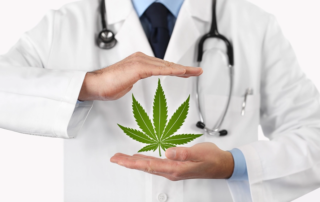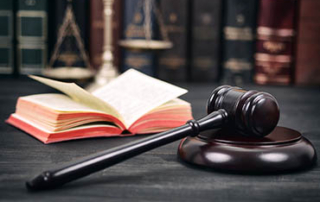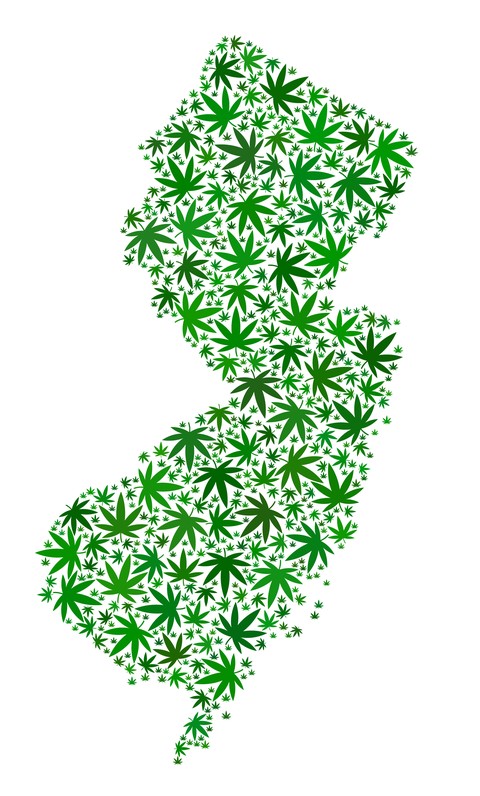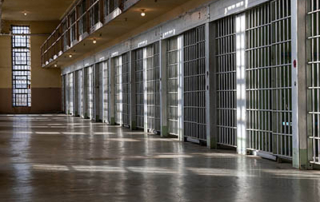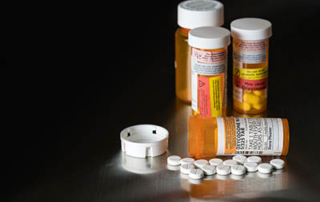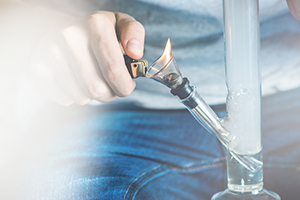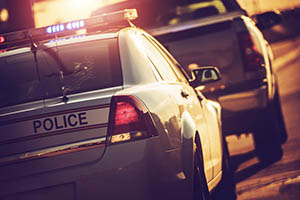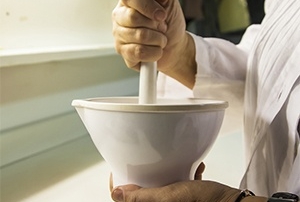Federal Government May Finally Recognize Marijuana’s Medical Uses
Marijuana has steadfastly been listed by the DEA as a Schedule I Controlled Substance, the most highly restricted category. Schedule I drugs, like heroin, mean that there is no evidence of the drug’s medical efficacy. As recently as 2016, federal regulators concluded that there was no evidence of currently accepted medical use justifying moving [...]
